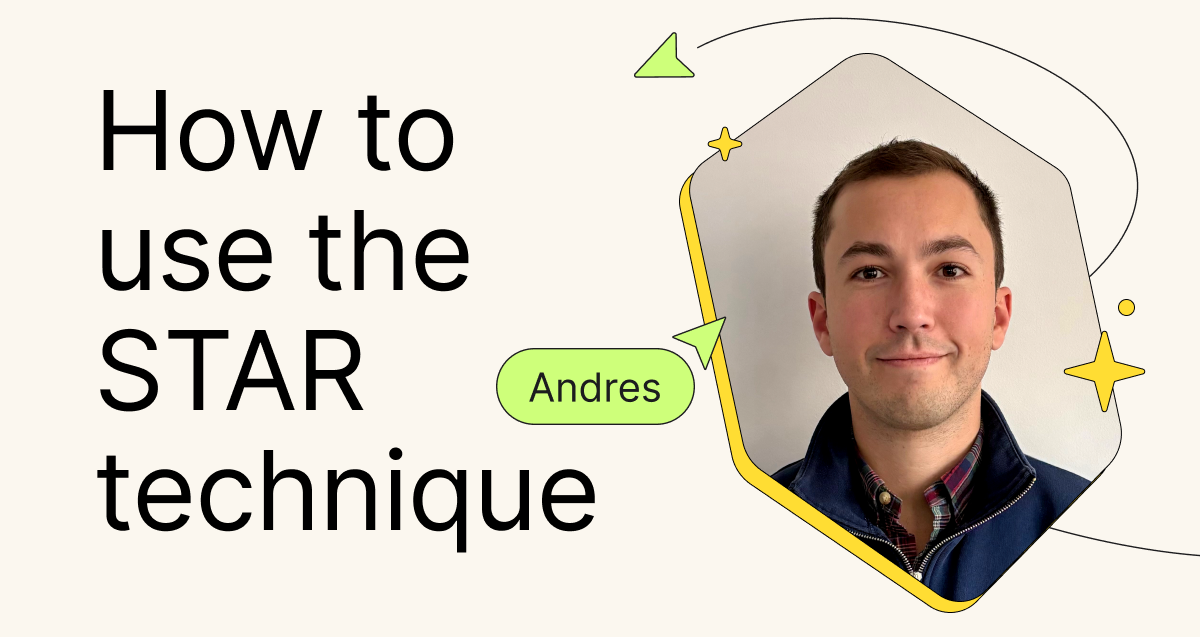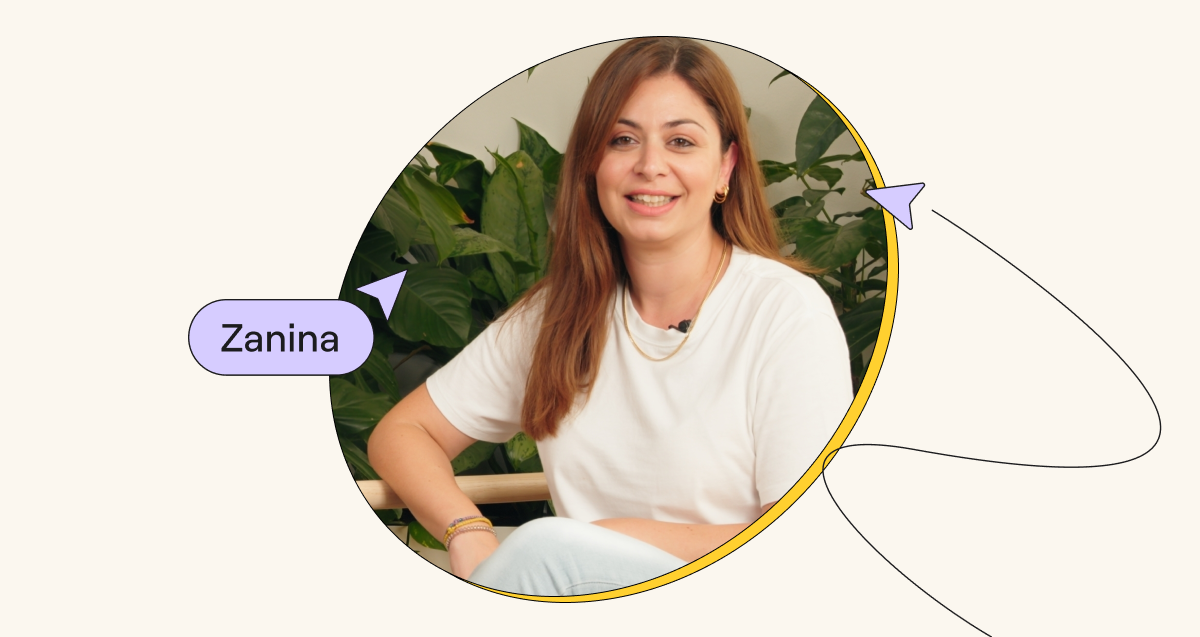My name is Ben, and I am Head of Recruitment here at Miro. Our recruiters often have candidates ask about Miro’s equity scheme, so I thought I would take a moment today to share some insights on what this is and how it works.
At Miro, all employees have a share in our company. Today, we’ll take a deep-dive into:
- RSUs (Restricted Stock Units)
- The current value of Miro’s stock
- FAQs
Giving every Mironeer equity allows us all to have the opportunity to own part of Miro and share in the future success of the company. This is a key component of our total compensation package (click to view our benefits boards for Australia, Japan, US, Netherlands, Germany, and UK). Equity grants also represent Miro’s investment in you! It’s a way for us to recognize the value and impact we believe you bring to our organization.
What are RSU’s?
Before we dive into the value of Miro’s stock, let’s define RSUs and their place in your hiring package. RSUs are shares of a company’s common stock, given to you on a future date if certain conditions are met. At Miro, when you receive an offer letter — cheers! — part of your proposed compensation will include RSUs.
Miro works with “double-trigger RSUs,” which means that 2 things must happen for your RSUs to become shares you can trade or buy out:
- Time-Based Trigger: You must meet the time-based vesting conditions of the RSU (e.g. For new hire grants, we have a 4 year vesting period with a 1 year cliff)
- Event-Based Trigger: The company must have a liquidity event (i.e. IPO or an acquisition)
So why give RSUs in hiring packages instead of stock options? In most jurisdictions where Miro operates, double-trigger RSUs are generally more favorable to employees of private companies — for example, it defers tax liability until the shares are liquid.
The amount of stock you get is determined by your function, the level of your role, and the location you work from. As your tenure and impact grow at Miro, you become eligible for more RSUs.
What is the value of Miro stock?
Because Miro is a privately-held company, the value of the equity you hold is really unknown until the company experiences a liquidity event where employees have the opportunity to sell their shares, like an acquisition or an IPO.
A strong indication of our potential value is how much our investors are willing to pay for shares in our funding rounds. In November 2021, we raised $400m at a valuation of $17.5bn, making us one of the world’s fastest growing companies. (Read more here!)
That said, we are well-positioned, with a strong balance sheet and a significant product and market opportunity. As we continue to grow and manage our business well, we expect that the value of our equity will continue to grow.
How does this all work?
Currently, Miro has a four-year vesting schedule with a one-year cliff. This means that on your one-year anniversary, 25% of your RSUs will have time-vested.
Still trying to picture this? Let’s work through a scenario.
Mary was hired in 2021 and was granted the value of $100,000 RSUs. The indicative value of a share at the time of grant was $27, so Mary was granted 3,703 RSUs with a total estimated value of $100,000.
In 2023, as Mary reached two years’ service at Miro, a liquidity event occurred and Miro became a publicly-listed company. Mary then decided to sell her RSUs in the public market. At this point, let’s assume each share was worth $40. This meant that when Mary sold her 1,851 RSUs (3,703/2), she received $74,040 (before taxes and other costs).
Share markets are highly volatile and prices can go up, down, or stay flat — but needless to say, equity can be a life-changing part of your compensation package!
Note: The above scenario is a hypothetical example and in every country that Miro operates, there will be different tax regulations.
FAQs
Now that you know the basics of Miro’s equity scheme, let’s answer some questions my team often gets from potential candidates.
Q: What taxes do I have to pay?
A: Typically, RSUs are taxed as follows:
- At grant: No tax
- At vesting/delivery (upon liquidity event): Taxed at the then current share value
- At sale: Depends on the jurisdiction. For example, in the US, sale is subject to long-term capital gains tax if held for 1 year past vesting; ordinary taxes apply otherwise
The tax you would pay depends on your tax residency, so it’s best to speak with a tax advisor to best understand your situation.
Q: How often do employees get stock?
A: Employees receive an initial equity grant when they start in the company and are first eligible for a refresher grant after 2 years of service. These are, however, dependent on performance.
Q: I want to sell my stock! When can I do this?
A: You can sell when there is a liquidity event, such as Miro becoming a publicly-listed company.
Q: How much stock can I get in my hiring package?
A: This depends on your role and location. Your recruiter will walk you through your stock package and what’s available.
Q: If I am promoted, can I get more stock?
A: This does depend on the role and location, though typically, this does happen!
Conclusion
Navigating equity schemes at any organisation can be complicated. Make sure you take the time to understand what you’re walking into thoroughly, and never hesitate to ask questions when you’re stumped.
I’m excited for what lays ahead at Miro!



